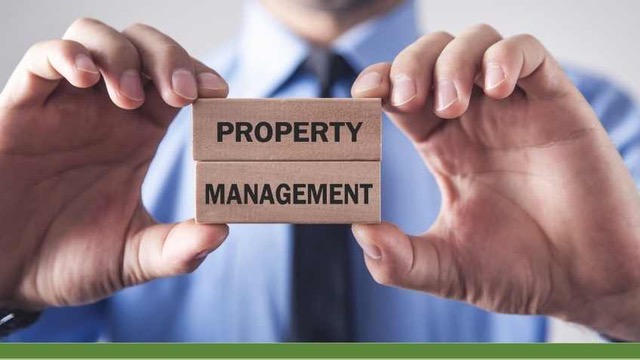
Choosing the Right Property Manager: A Comprehensive Guide

Investing in real estate can be a lucrative venture, but managing properties can be a time-consuming and complex task. Many property owners opt to hire a professional property manager to streamline operations and ensure the smooth running of their investments.
However, choosing the right property manager is not just about finding someone to collect rent and handle maintenance. It is a crucial step that can lead to the success of your real estate endeavors.
In this article, we’ll explore key factors to consider when selecting the ideal property manager for your needs.
- Experience and Expertise:
Begin your search by evaluating the experience and expertise of potential property managers. Look for professionals with a proven track record in property management. Consider their experience in handling properties similar to yours, as this ensures they understand the unique challenges and requirements associated with your investment. - Reputation:
Reputation is paramount in the property management industry. Seek recommendations from other property owners or real estate professionals. Online reviews and testimonials can also provide valuable insights into a property manager’s reputation. A manager with a solid reputation is more likely to deliver reliable and efficient services. - Licensing and Credentials:
Ensure that the property manager you choose is licensed and holds the necessary credentials. Licensing requirements may vary by location, so familiarize yourself with the local regulations. A licensed property manager is more likely to adhere to ethical standards and stay updated on industry best practices. - Communication Skills:
Effective communication is essential in property management. A good property manager should be able to communicate clearly and promptly with both property owners and tenants. Assess their communication style during the initial interactions to gauge their responsiveness and clarity. - Understanding of Local Laws and Regulations:
Real estate laws and regulations can vary widely from one location to another. Your chosen property manager should have a solid understanding of the local laws governing property management, tenant-landlord relationships, and eviction procedures. This knowledge is crucial for navigating potential legal issues. - Technology Integration:
In the modern era, technology plays a significant role in property management. A proficient property manager should be well-versed in using property management software, online platforms, and other technological tools to enhance efficiency and communication. Inquire about the tools they use to manage tasks such as rent collection, maintenance requests, and financial reporting. - Fee Structure:
Clearly understand the property manager’s fee structure before entering into an agreement. Fees can vary and may include a percentage of the monthly rent, leasing fees, maintenance charges, and other miscellaneous costs. Ensure that the fee structure aligns with your budget and the level of service provided. - References:
Request references from the property manager and take the time to contact previous or current clients. This firsthand information can offer valuable insights into their reliability, professionalism, and the overall satisfaction of their clients.
In the world of property management, finding the right fit is like discovering a treasure chest. It is a critical decision that can significantly impact the success of your real estate …







